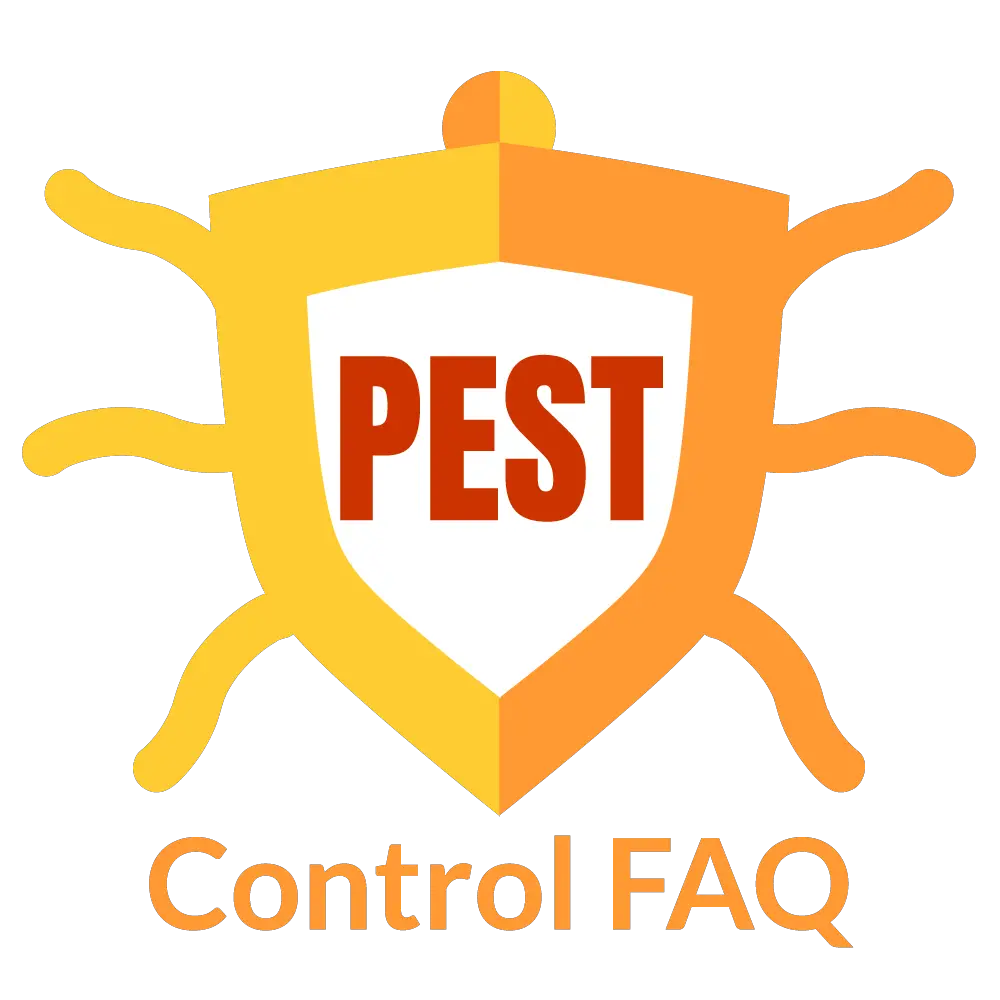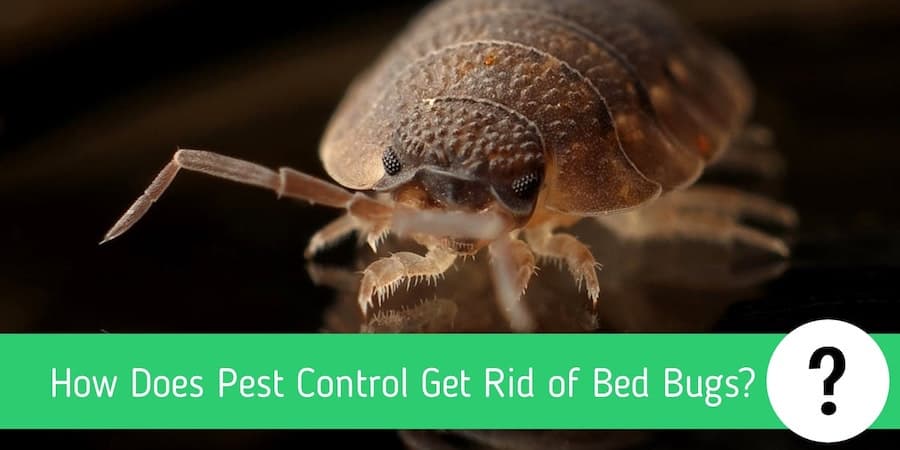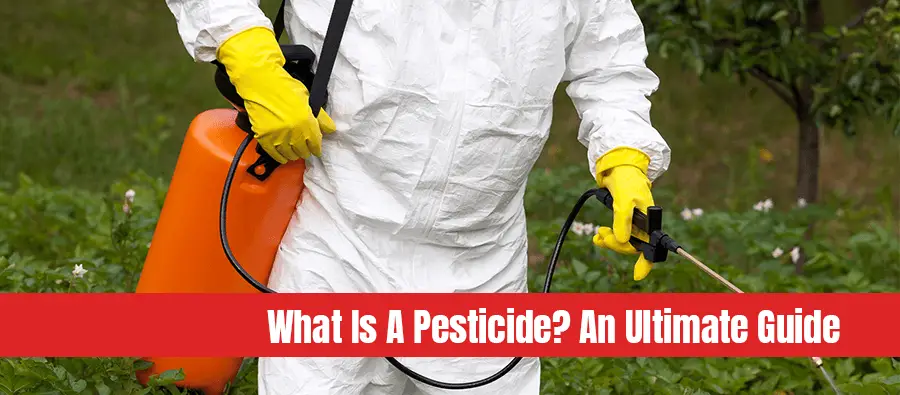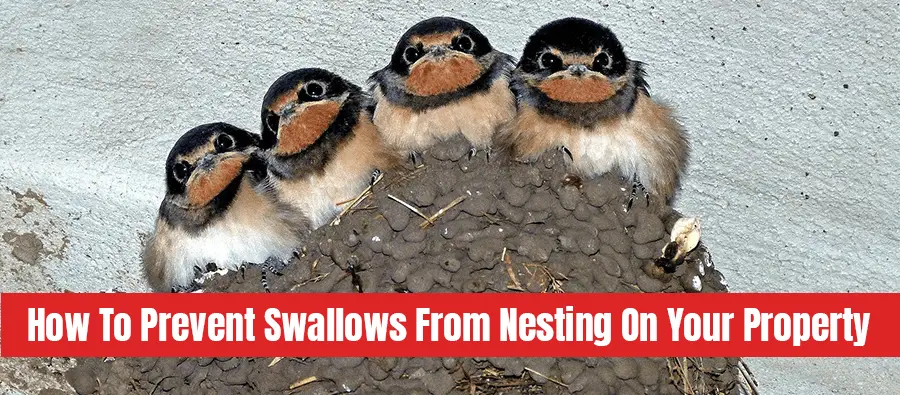Getting rid of bed bugs can be one of the hardest pests to control. You may think it would be as easy as applying pesticides to the infested area or throwing away objects that serve as their home, but it isn’t that simple. In almost all cases, hiring a professional will be the best option.
So, how does pest control get rid of bed bugs? Pest Control Professionals follow a specific process in order to ensure that bed bugs are eradicated from your home. They assess and inspect the area of infestation, implement a treatment plan which would include the use of pesticides, and monitor the situation with follow-up visits if needed.
In this article, you will read about how the professionals take care of bed bugs, what treatments you can do on your own, how to detect an infestation, what health risks are involved, and how to prevent the spread of bed bugs.
Table of Contents
Bed Bug Overview
Bed Bugs are nocturnal insects that feed exclusively on blood. There are two specific species of bed bugs commonly found in homes:
- the Cimex lectularius
- the Cimex hemipterus.
These insects do not have functional wings, they are brown to reddish brown in color, and have flat, oval bodies.
They range between 1mm to 7mm in size. Due to their anatomy, bed bugs cannot fly and jump like other insects, in order to move from one place to another, they simply crawl.
The mouths of bed bugs inject anticoagulants upon biting, this is what causes rashes on humans after being bitten. For individuals with sensitivity to the chemicals excreted by the bed bugs would cause extreme rashes resulting in a variety of health risks.
Bed bugs thrive in dark and warm areas, which is why they are pretty common in the tropics. There are even other species of bed bugs that can be found in caves. These species feed on bat blood. It is said that bed bugs originate from the Middle East, they came from caves that are inhabited by bats.
Oddly, bed bugs have been documented to treat medical conditions back in the 18th century. According to a French mineralist, Jean-Etienne Guettard, bed bugs can treat hysteria. After some time, this was debunked and bed bugs were reduced to being the pests that they were.
Bed bugs go through five different immature nymphal stages before reaching sexual maturity. After each stage, they shed their skin through a process called ecdysis. This phase allows the bugs to leave their exoskeleton and move on to the next phase of their lives. Nymphs that have just gotten out of their eggs are translucent and slowly darken in color after each stage of molting.
Bed bugs don’t necessarily exist in large groups. They can exist singly and then congregate over a period of time, but their survival does not depend on colonies. They are strictly parasitic insects even if they only spend a portion of their time physically consuming the blood of their hots.
How do Bed Bugs Start Getting Into Your Bed?
Contrary to what people believe, bed bugs are not attracted to unsanitary conditions. These insects are highly attracted to carbon dioxide that is emitted by their hosts. Which means that people themselves, are the primary transportation of bed bugs.
They often get transported through luggage, bags, clothes or other personal belongings. They then crawl to the bed’s inner spaces that are relatively dark and cool, making it the best place for shelter.
They don’t really spend their whole lives looking for a host, in fact, they only feed once a week or so. When a bed bug is hungry, that is the only time it would leave its shelter to search for food. It returns shortly after feeding or when it encounters direct light.
In order to avoid this from happening, check the conditions of the place you are temporarily staying at during travel. If there are signs of infestation, you need to take precautionary measures to ensure that your home will be bedbug-free.
Signs of Infestation
Detecting bed bugs can be difficult if you do not know what you are looking for. Here are some signs that there may be an infestation of bed bugs brewing.
Blood Stains on Bed Sheets or Pillows
If you have found random blood stains on your bed, chances are you may have squished a bed bug after it has fed. Often times, the bed bug will stop eating once its abdomen is full.
Dark Spots on Beddings and Mattresses
Dark spots around your mattress or even your bed frame are bed bug excrements. To the naked eye, they seem like marker stains but do not be fooled.
Egg Shells and Shredded Skin Around Areas Bed Bugs Hide
Aside from fecal matter, bed bugs leave a trace of all sorts of waste like egg shells and molted skin. If you see residue around or within your bed that look like dust, these are actually what bed bugs left behind.
Musty Odor
The odor comes from their scent glands, some people would label the scent as the smell of rotten raspberries. In severe infestations, these can be easily detected by humans. But in milder infestations, some exterminators would have trained dogs sniff out the smell of these bed bugs to find their hiding spots.
What do Pest Control Professionals Do to Get Rid of Bed Bugs?
Bed bugs are quite a nuisance. They are hard to find and can cause health problems to people living with these pests in their homes.
During World War II, bed bugs were such a big problem in the United States. With the use of Dichlorodiphenyltrichloroethane (DDT) and Malathion, they were virtually eradicated. However, in 1972, these chemicals were banned due to the adverse effects it caused individuals exposed to it, as well as the negative effects it had on other wildlife. These chemicals are still used today in controlled environments.
Bed bugs are commonly found in the bed (mattress, box spring, bed frame, pillows, and linen), but they can also live in carpeting, curtains, couches, and other furniture. Which means, when you do hire a professional to take care of a bed bug infestation, they will clean out your entire home.
When Pest Control Professionals handle a case of bed bug infestation, they follow a specific process in order to assure the homeowners that their home is finally safe.
#1 Inspection and Assessment
When you call a professional in, chances are you have already determined that your home has a bed bug problem. The exterminator you hire will inspect the area you seem to have an infestation in and will check on other areas within a 6 feet radius.
Most home visits would just require them to prepare a magnifying glass and light source to check for bed bugs. In a more commercial setting where the infestation may be wide-spread, they would do extensive laboratory testing.
After inspecting, they make an assessment on the severity of the infestation. Through this, they can formulate their action plan on how to treat the bed bug problem.
#2 Implementation of the Treatment Plan
Depending on the severity of the infestation, different treatment plans are carried out.
Standard Treatment
This type of treatment is usually done in mild to moderate infestations. The steps carried out in this treatment plan would require a few professional equipment and insecticides.
Remove Linen and Pillows
Before these experts can get to work, you would need to strip the linens off of your bed and with the pillows, place them into bags and seal them well. Put everything in the washing machine and complete a wash cycle with hot water followed by drying immediately afterward. This immediately kills bed bugs and eggs that may be on your sheets.
Vacuum
The exterminators will use a special High-Efficiency Particulate Air (HEPA) Vacuum to remove any bed bugs, shells, droppings, and eggs on the folds and corners of your beds. The filter within the vacuum makes sure that nothing gets out. They separate the boxspring and mattress and carefully go through every nook and cranny of your bed, including the frame.
Steam Clean
Once they have vacuumed the entire bed, the next step is to use a steamer. The vacuum would have covered the surface of your bed, the steamer would be able to effectively penetrate deep into your mattress, boxspring, frame, and headboards.
Pesticide
Once your bed has been completely steamed and is drying, the exterminators can now apply contact spray or disinfectant that is effective in killing bed bugs.
Most of the time, they would use STERI-FAB Bed Bug Spray. Spraying this onto the framing of the bed as well as the headboards would kill bed bugs quickly, the liquid is so volatile that it evaporates in moments.
In order to protect you from future infestations, they would also use a residual insecticide. This is applied to all the crevices of your bed to stop bed bugs from living in those spaces.
Encasements
Once your bed is done with the first three steps, your exterminator may recommend the use of encasements to prevent bed bugs from going back in your mattress or coming out.
Isolate the Bed
Once your bed has been cleaned, the next thing they would need to do just to ensure you won’t get bitten by bed bugs is to isolate your bed. Unlike fleas, bed bugs cannot jump nor can they fly.
They would just need to crawl to you to reach you. Keep your bed away from the wall, and tuck in any beddings that would hang from the bed. Pest Control Professionals will place an insect interceptor o the legs of your bed in order to trap bed bugs that do attempt to climb to you.
Surrounding areas
The same vacuuming, steam cleaning, and spraying techniques will be used in areas around the bed too. Redoing the same steps on other furniture around the bed makes it hard for any surviving bed bug to feed.
Whole Heat Room Treatment
This method of treatment is done in extensive infestations or in widespread infestations. Here heavy duty equipment is used by the pest control professionals to kill bed bugs.
Empty Rooms
Remove items that may be heat sensitive prior to the treatment being done. Since heat will be used in this method failing to do so may cause fires or accidents. Keep furniture and items suspected of being infested with bed bugs.
Using Heat Treatment Proper
The equipment used to heat up the homes is basically a heavy duty heating machine. Bed bugs die within 90 minutes of heating up the area. Bed bugs do not like the heat, that when they are exposed to heat they will die. By heating your home up to 122O F bed bugs including their eggs are killed. Exterminators will monitor the heat with special thermometers to make sure they are within range to avoid any permanent damage on your furniture.
Residual Spray
Once the bed bugs are confirmed dead, exterminators will place residual insecticides onto various surfaces in order to prevent re-infesting of the space. Before applying the spray, the pest control professional will clean out the area of dead bed bugs, shells, and eggs using a HEPA vacuum.
Monitoring and Follow-Up
Once treatment has been done and the task at hand has been completed, most companies that do offer pest control services, offer free follow-ups and monitoring. This is to provide their clients with the best and most efficient service. Any recurrence of the infestation will be taken care of.
Other Treatments You May Consider Doing By Yourself
Although this will not entirely be recommended, there are measures you can take in treating your bed bug problem.
Use Isopropyl Alcohol
Some studies that show the use of 90% isopropyl alcohol is effective in killing bed bugs. The only downside of using alcohol is the staining it would cause to your mattress.
Buy Bed Bug Sprays
There are commercially bought sprays that you could use, but without a thorough cleaning, the use of these sprays may not be as effective. In addition, the chemicals in these sprays may cause problems for small children and pets.
How Dangerous are Bed Bugs?
We already know that bed bugs drink human blood to survive, but what are the repercussions of this and to what extent is this actually dangerous to humans?
Bed bugs are not vectors for pathogens. Unlike mosquitoes, they cannot transmit diseases by biting humans. There was some speculation that bed bugs are to blame for the spread of leprosy, Q-fever, and brucellosis, but these researches were poorly conducted and documented.
Even though there is no immediate harm done by a single bite, there have been other illnesses associated with bed bugs that can be quite concerning.
Anemia
There have been documented cases of bed bugs causing anemia in severe infestations. These are especially common in children and those who are immunocompromised. With every bite, a bed bug takes, the amount of blood in your body is lessened.
Bacterial Skin Infection
Superficial skin infections may occur due to intense scratching which leads to the breakage of the skin. When the skin breaks and is exposed to bacteria from the nails, on the bed, or even from the environment, these can cause skin infections that would require topical antibacterials to cure.
Systemic Poisoning
In cases of severe infestation, multiple bites from bed bugs can cause systemic poisoning. When bed bugs bite, they release a chemical that mixes with your blood. Children, elderly, and immunocompromised individuals are at risk of this. Which is why it is important to detect the infestation early to avoid health concerns like this.
Asthma
Due to the residue from their fecal matter, egg shells, and molted skin, bed bugs can cause respiratory issues especially with individuals who have asthma. This triggers an attack which may be fatal if not controlled in time.
Lethargy Due to Lack of Sleep
The bite itself is irritating and itchy, most victims of bed bug infestation suffer from lack of sleep which affects their daily performance.
Allergies
Similar to how systemic poisoning occurs, some individuals may be more sensitive to their bites compared to others, however, anaphylactic reactions have not yet been documented with bed bug bites.
Bed bug bites will swell and in extreme cases, blister. It is important to treat these bites and destroy the homes of these bed bug in order to keep you and your family safe from any of these issues.
How to prevent Bed Bugs Infestations From Ever Occurring?
Bed bugs are often common in homes of frequent travelers. For people who travel for a living, it is highly advised that they take necessary precautions in order to prevent bringing bed bugs into their homes.
Check Belongings Before Leaving
It is said that at least 5% of hotel rooms you book in would have a bed bug problem. Before leaving your hotel room, go through your things and clothing. Bed bugs are not microscopic, they can easily be seen.
Change Clothes Before Entering the Home
Upon arriving at home, do not immediately go to your room and drop your clothing onto the floor. Bag them and immediately put them in the wash in high heat along with the clothes in your luggage.
Regularly Vacuum Beds
Homeowners regularly vacuum their homes but they seem to forget vacuuming their bed. By going through your bed at least once a month, you are lessening the likelihood of an infestation.
Final thoughts: How Does Pest Control Get Rid of Bed Bugs?
Bed bugs are definitely a problem for any home. With proper care and maintenance, they can be prevented entirely. If an infestation has already occurred, it would be best to contact a Pest Control Professional to handle the job and completely eradicate these pests from your home.
Related questions
Can pest control get rid of maggots? Peroxide in boiling water, dish soap, and water, natural fly repellents, fly traps and pesticides have shown good results. Also, there are special pest control services that can get rid of maggots in your home. These professionals, equipped with specialized tools, will be able to tell you why the infestation started, how to treat it, and what to do to prevent future infestations. (full article here)
Can pest control get rid of snakes? The answer is no; pest control can’t get rid of snakes. Pest control can only manage small insects. Since snakes are reptiles the only way to take them away from your home and surrounding is to catch them. (full article here)





